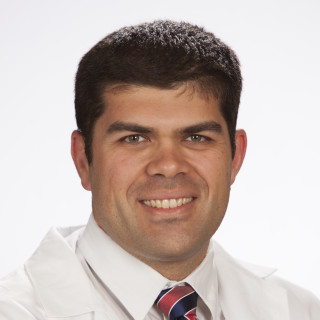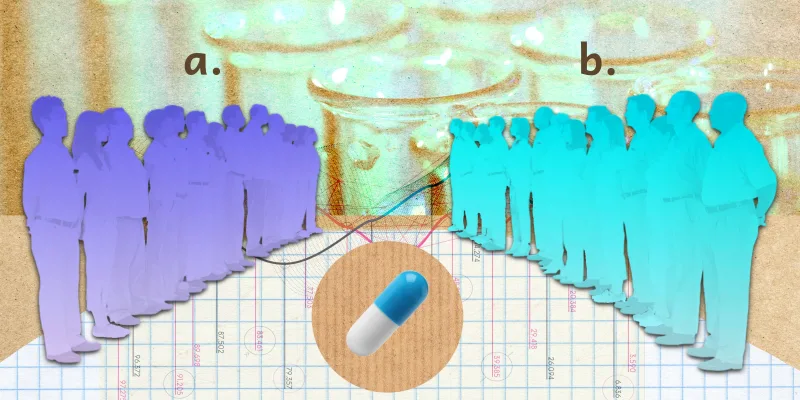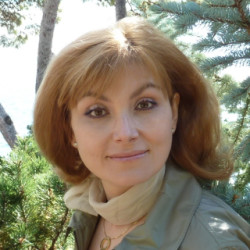The 2022 AANS meeting was the first return of an in person AANS meeting since the start of the COVID-19 pandemic and a long overdue conference of thousands of neurosurgeons and allied healthcare providers. The meeting allowed for the wonderful discussion of new clinical, basic science and translational developments in neurosurgical research as well as the latest technological advancements available for patient treatment.
Several pre-meeting symposiums honored Dr. Roberto C. Heros and Dr. Volker Sonntag for their incredible contributions to neurosurgery. Other notable awards were a Distinguished Service Award for Dr. James Rutka due to his contributions to pediatric neurosurgery and as editor-in-chief of the Journal of Neurosurgery, a Humanitarian Award for Dr. Roger Hartl for his work developing neurosurgical resources in Tanzania, an International Lifetime Recognition for Dr. Asdrubal Falavigna for his international work on spine, a Cushing Technical Excellence and Innovation award for Dr. Christopher Shaffrey for a career in developing innovations in spine, and a Cushing Medal for Dr. William Couldwell for a lifetime of service to neurosurgery and innovations in skull base.
The theme for the meeting under AANS President Dr. Regis Haid was the Culture of Neurosurgery, which integrated the esprit de corps of prior excellence in neurosurgery with a path to be mindful and address future challenges in the field. An emphasis on improving equity, diversity, and inclusion, improving innovation in neurosurgery as well as ensuring equitable access to specialized care was prevailing.
Several pivotal studies discussed at the AANS paving the way for future clinical trials and treatments in neurosurgery.
- Dr. J Mocco presented phase I data from the endovascular implantation of a machine-brain device (Synchron) in the superior sagittal sinus in 4 patients showing the ability to control simple activities (e.g., texting, emailing, online communication) without adverse side effects. While this implant only covered a small area of the sensorimotor cortex, it showed the potential to expand the role of endovascular treatments as well as show a safer way for device implants than traditional open surgery.
- Dr. Couldwell presented a stunning review of artificial intelligence applications and augmented reality in neurosurgery highlighting the role of these technologies to potentially improve patient imaging and understanding of the increasing complexity of patient data. This work comes off a recent Neurosurgical Focus special edition on augmented reality published in August 2021 demonstrating the almost sci-fi notion of this technology now becoming a reality.
- Dr. Fred Barker and colleagues presented expanded results a phase II trial (Alliance A071601) using vemurafenib/cobimetinib treatment for BRAF/MEK inhibition in craniopharyngioma demonstrating >20% decreased tumor volume in 15 of 16 patients. The trial is ongoing and has since recruited even more patients for ongoing treatment.
- Dr. Kevin Foley and colleagues (DiscGenics) presented preliminary results from intradiscal injection of allogenic disc progenitor cells in 60 patients as part of a multicenter trial. The results demonstrated significantly improved minimum clinically important differences in visual analog pain scale, Oswestry Disability Index, and EQ-5D up to 78 weeks post treatment. Improved disk height was also noted when evaluated by blinded reviewers. This preliminary study suggests for the first time that stem cells could one day be used to treat and improve degenerative spine disease.
- An innovative panel of speakers (Dr. Richardo Komotar, Dr. Mustafa Baskaya, Dr. Nelson Moss, Dr. Juan Fernandez-Miranda, Dr. Manish Aghi, and Dr. Jennifer Moliterno) discussed the surgical and medical limits of neuro-oncological treatment for a variety of primary brain tumors such as glioma, meningioma, and pituitary adenoma. The latest data integrating the genomic classification of tumors and best microsurgical resection approaches indicated the central role neurosurgeons play in guiding their patients through these diseases.
Many more speakers and authors presented their innovative work in the fields of cerebrovascular, spine, neuro-oncology, peripheral nerve, trauma/critical care, pediatric, socioeconomics, and functional neurosurgery.
Dr. Karsy has no conflicts of interest to report.
Image by GoodStudio / Shutterstock







